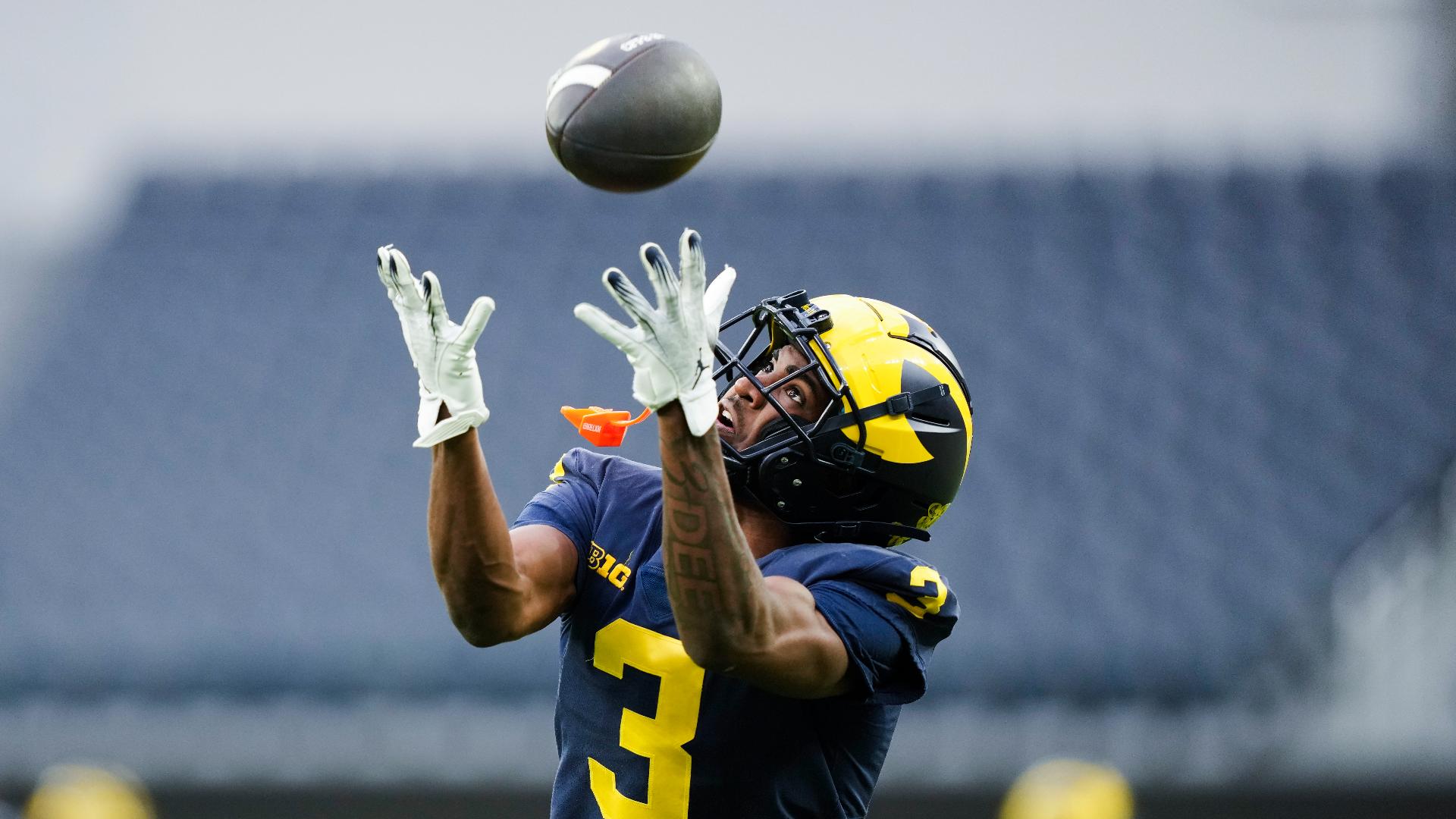"Some folks build fences to keep people out. Some build them to keep people in."
The relentless new film "Fences" will simply wear you down, but its skill and moral are hard to deny. Like a boxer with pinpoint accuracy, it beats you up for two hours with timely fundamentals and powerful lessons.
When Denzel Washington directs films, he joins the "Not Messing Around Crew". An esteemed area of the filmmaking ring where he tells pitbull-tough stories about family, risk, race and the repercussions of one's decisions. This is premium Denzel territory; "Fences" doesn't pull a single punch in its tale of a father coming to terms with the events of his life while living a working class life in Pittsburgh in the 1950's.
The main thread of this film is that Washington treats the film like an extra shiny rendition of the play. He doesn't wish to add much else to the table. When you have a script carrying this much power and juice, you can leave the seasoning in the cupboard. There's no extra helpings of style thrown on top or additional plot lines.
The plot seems simple, yet carries extra bite marks. Washington's Troy Maxson has a monstrous chip on his shoulder, and it has to do with a life he feels has under-whelmed. He used to be a great slugger in the Negro Leagues and had the goods to hit Major-League pitching, but he was too old by the time Jackie Robinson broke the color barrier. Now, he hauls trash five days a week, brings home $75 and hands most of it to his loving wife Rose(Viola Davis, matching Denzel blow for blow) to pay the bills and fill the body of their son Corey(Jovan Adepo) with food.
When Corey wants to try his hand at high school football, Troy opposes the idea simply because of what happened to his baseball skills due to race and opportunity. He doesn't care that it's a slightly different world and Corey may have a shot at making it. He is a father who sees a younger version of himself and wants to set up roadblocks for him instead of installing Corey with the strength to knock down the pillars.
The movie was adapted from August Wilson' play, and it lived a long life on Broadway. Washington and Davis played the roles on the stage, and they slip into the skin of these characters as if they were strangers who were living next door for the past 10 years.
The actors don't just play the characters and assume the names. After reciting the dialogue so many times, Troy and Rose feel like second hand novelties to the two actors. They crawl inside the soul and wage war against the dying of the light for two hours. This is an actors showcase, and when you have power players like Washington and Davis, the film pretty much runs itself.
Washington's greatest strength as a director is restraint, and that is all he needs with this script and cast. Stephen Henderson has a great supporting role as Bono; the only man who lets Troy ramble on about what he never had in his life. The two play best friends, but you can feel that it's a one sided partnership that Bono will never get an equal share from.
Mykelti Williamson plays Gabriel, the mentally impaired brother of Troy who hangs around the family like a loving burden. He's a rose with a thorn who always seems to show up at a time that's less than fine. Adepo gives Corey just enough will power to hang face to face with Washington, and the duo create sparks without much aplomb.
Davis is simply marvelous as Rose, a woman living with a man she adores yet has a hard time handling. She loves Troy more than anyone, but has to decide if she can bear the weight and pressure of being his backbone in some of his darker moments. There's a revelation from Troy midway through the film that flips the family on its back, and it raises uncomfortable yet worthy questions about family, the ties that bind, and the hardships that older age can bring.
I saw a little of my father in Troy, and that's not an insult. My father busted his butt to provide, but it came at a price. When I was growing up, my father would work long hours to support our family and there would be times where I'd see the toll that it took on him to live a certain life. It all comes down to choice. When you have kids, a fair portion of your freedom is dispatched and never brought back. There are limits placed on you, and sometimes the pressure can be overbearing. That's what Fences tackles here. I don't just think of it as a race relations in the 50's ordeal. It simply breaks down the rigors of being a family man, and how some decisions derive from a feeling that life has passed you by.
The film will get you thinking about your parents and how you parent your own children. It stirs up feelings and ideas, and the credit goes to August Wilson(who penned the script from his Pulitzer prize winning play before he died recently) and Washington for providing himself and Davis with unforgettable performances.
The final dose of 2016 filmmaking is reaching its end, and "Fences" proves that it will go out with a bang.


